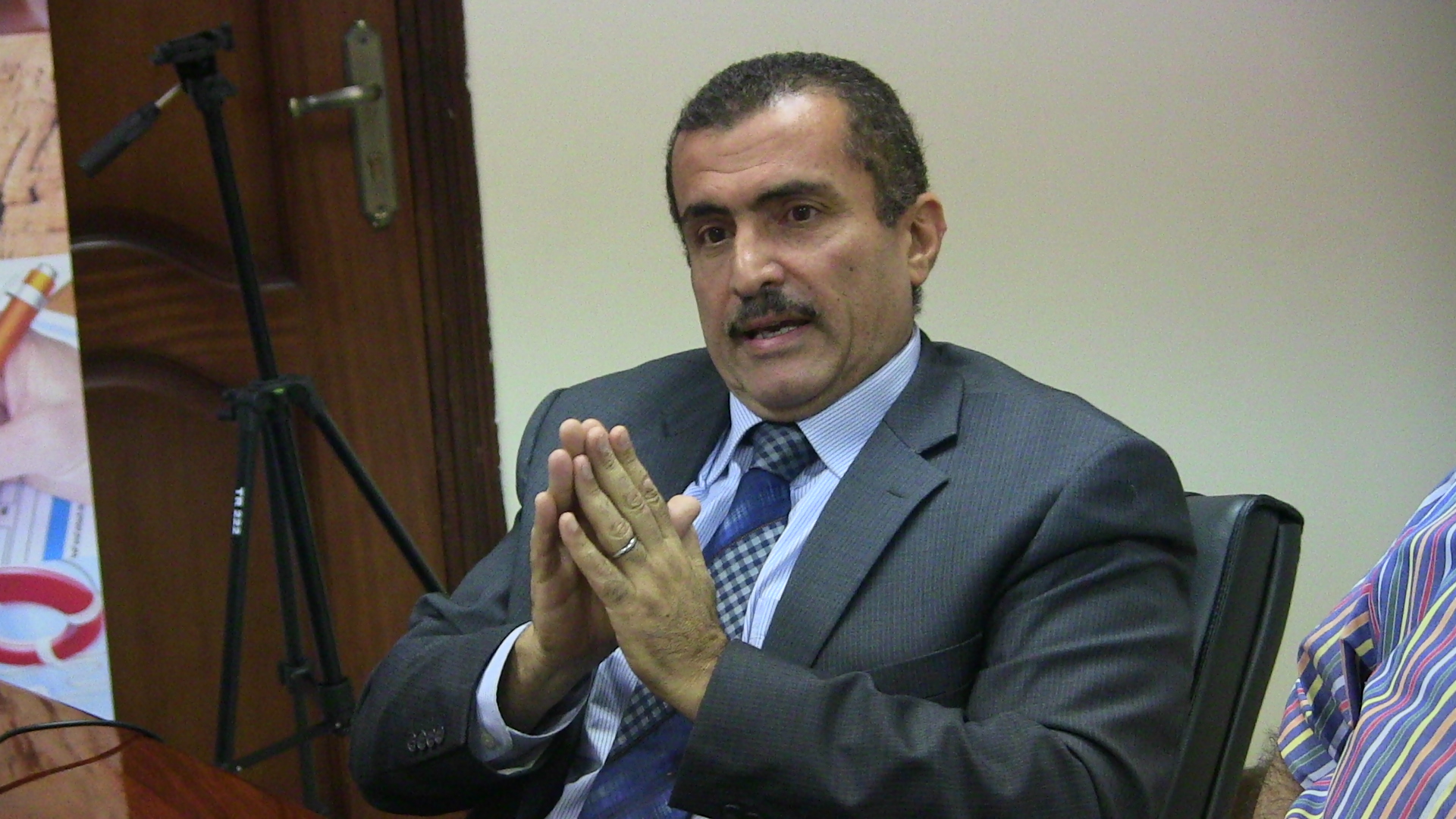The Ministry of Agriculture is targeting a 0.5m tonne increase in its exports in 2016 to reach 5m tonnes, compared to the 4.5m tonnes exported last year.
Egypt exported 1.59m tonnes of fruit, which was the highest export in the Egyptian agricultural sector, followed by onions at 1.23m tonnes.
The plans to increase exports come despite the government’s struggle to subsidise basic food commodities to serve the domestic market and maintain the level of consumptions at sufficient levels.
The government allocated EGP 38.4bn in the state budget of fiscal year (FY) 2015/2016 to food subsidies. The Egyptian army also opened 61 mobile dispensaries for basic food commodities in major streets and squares to counter the high prices in the market in response to instructions given by President Abdel Fattah Al-Sisi.
Minister of Supply Khaled Hanafy announced in November that the strategic reserves of basic commodities are enough to last until next April.
Al-Sisi provided further details Wednesday to the 1.5m acres projects that he initially announced during his presidential campaign. Prime Minister Sherif Ismail said the project will aim to decrease the food gap and limit food imports into the country.
On Saturday, the Ministry of Finance announced it aims to increase exports by 10% and push the trade deficit and unemployment rate down by 1.5% annually starting in 2016.
The finance ministry said that a working group, headed by Minister of Industry and Foreign Trade Tarek Qabil, will be commissioned to implement the mechanisms required to apply the one-stop shop system in ports all over the country.
The commission will also attend to the $3.51bn disparity in non-petroleum exports – which include agricultural products, leather goods, chemicals, fertilisers, and textiles – between the period of January and November in 2014 and in 2015, where the value of exports totaled $16.76bn in 2015 and $20.27bn in 2014.



